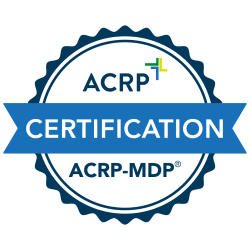Whether it is a case of early-career love at first sight or an arena that a seasoned job seeker enters for a change of pace after time spent in traditional drug studies, there’s little doubt that specializing in clinical trials of medical devices can be an attractive and rewarding, but very different, rodeo for clinical research professionals to play in.
Informed consent, a cornerstone of ethical research involving human subjects, presents a unique challenge in emergency medical cases. However, utilizing exceptions to obtaining informed consent in emergency research offers significant benefits.
This article highlights the urgent need to explore solutions that enhance the robustness and efficiency of cancer clinical trials and research programs as it delves into the role of the microgravity environment in advancing cancer research.
Why is marketing and advertising often overlooked in clinical research? Patient recruitment and retention in clinical research frequently encounter obstacles, resulting in delays and increased expenses. While marketing and advertising have the potential to address these issues, they are frequently underutilized in clinical trials due to ethical concerns, regulatory constraints, and misconceptions about their role.
Engaging patients in clinical research has long been seen as important, yet it has been slow to evolve. For years, clinical research has largely been designed with the assumption that participants should conform to rigid protocols, often neglecting the voices of the very people who will be impacted most by the outcomes.




